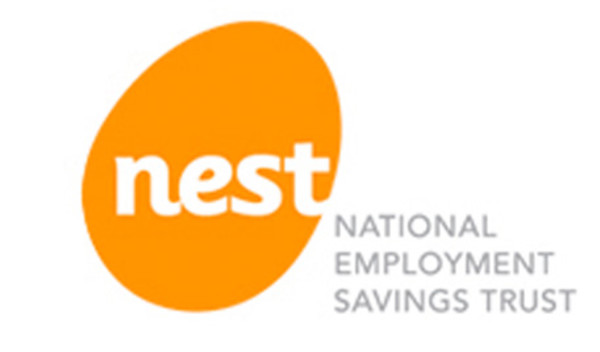

The National Employment Savings Trust has outlined the four main objectives forming its environmental, social and governance (ESG) investment philosophy.
In its first responsible investment report, it stated these aims are better risk adjusted return, improvements in how markets operate and are regulated in jurisdictions where it invests, substainable and stable performance, and managing reputational risk.
Nest is aiming to target an improvement in ESG performance where there is evidence this can lower the risk it needs to take to achieve a return.
It is also focusing on supporting long-term wealth creation, with the idea Nest will encourage companies and markets it invests in to deliver sustainable and stable performance to support good returns for its members over many years.
On managing reputational risks of the organisation, it sees this as important as companies that are not properly run, or do not consider the environment in a way Nest’s members would expect, damage how its members feel about investing.
According to the report, millions of members now have a stake in companies and markets around the world for the first time as a result of auto-enrolment, and who are represented by Nest.
Last month, it was revealed Nest is to dramatically alter its remit with a stack of new retirement products in a one-size-fits-all scheme.
Four case studies are included in the report setting out how Nest looks to act on a number of issues which have an impact on long-term returns, sustainable markets and good business practice.
These are:
• climate change and managing the transition to a low carbon economy
• banking culture and conduct and how this can impact on performance
• the quality of company audits and the interaction between shareholders and auditors
• the role of pay in company performance.
Mark Fawcett, chief investment officer at Nest said: “We think good quality master trusts have a responsibility to take an active interest in where members’ money is invested and act on behalf of their members as owners of securities.
“Anyone who thinks this isn’t relevant to long-term wealth creation should consider the billions in fines and damages imposed on large sectors of the banking industry in recent times.
“Companies that are well run, with engaged and active investors, are more likely to be successful in the long term.”
Catherine Howarth, chief executive of ShareAction, said: “From very early in its journey, Nest has been open about its intention to become a world class responsible investor. The results of this effort are now becoming visible in Nest’s first report on its responsible investment activity.”
ruth.gillbe@ft.com



